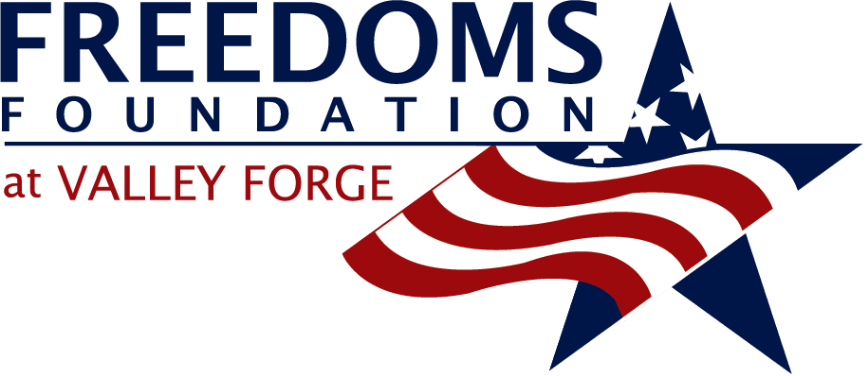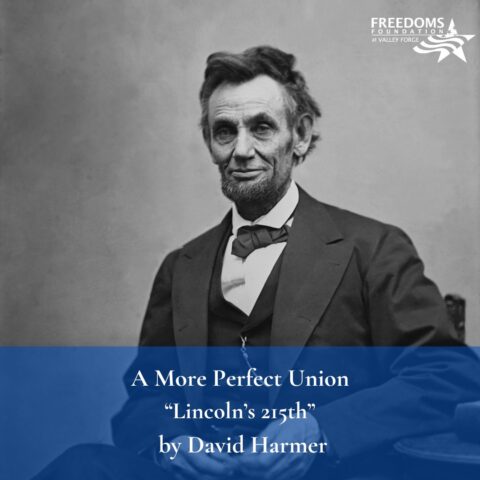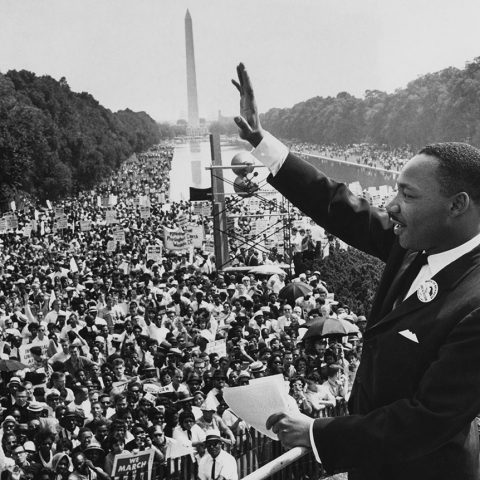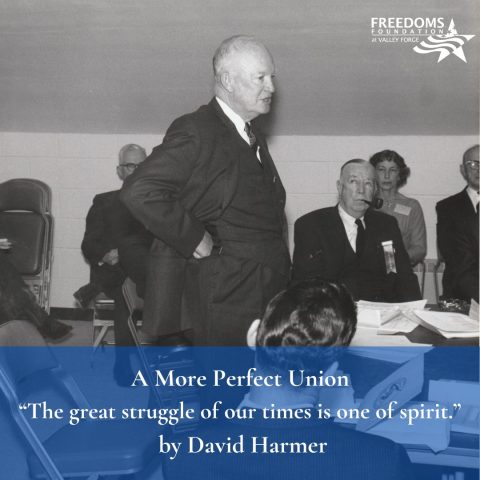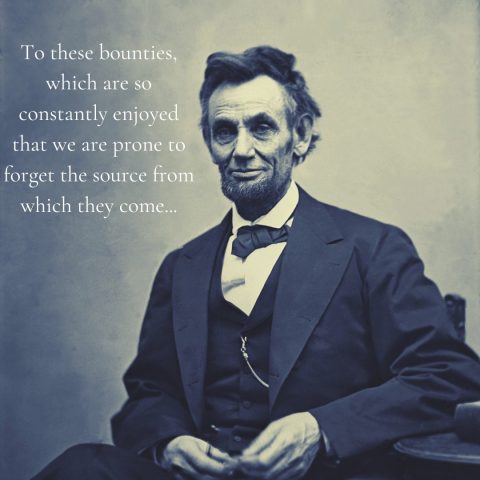Frederick Douglass on Slavery and the Constitution

By David Harmer
I have often been awakened . . . by the most heartrending shrieks of an own aunt of mine, whom he used to tie up to a joist, and whip upon her naked back till she was literally covered with blood. No words, no tears, no prayers, from his gory victim, seemed to move his iron heart from its bloody purpose. The louder she screamed, the harder he whipped; and where the blood ran fastest, there he whipped longest. He would whip her to make her scream, and whip her to make her hush; and not until overcome by fatigue, would he cease to swing the blood-clotted cowskin.
Frederick Douglass, American slave, witnessed such barbarity from childhood through adolescence into adulthood. Not in the slightest did its ubiquity diminish its terror.
The wife of Mr. Giles Hicks, living but a short distance from where I used to live, murdered my wife’s cousin, a young girl between fifteen and sixteen years of age, mangling her person in the most horrible manner, breaking her nose and breastbone with a stick, so that the poor girl expired in a few hours afterward.
Were all masters and overseers so sadistic? One wasn’t:
His course was characterized by no extraordinary demonstrations of cruelty. He whipped, but seemed to take no pleasure in it. He was called by the slaves a good overseer. . . . Why his career was so short, I do not know, but suppose he lacked the necessary severity to suit Colonel Lloyd.
As for the replacement:
He had given Demby but few stripes, when, to get rid of the scourging, he [Demby] ran and plunged himself into a creek, and stood there at the depth of his shoulders, refusing to come out. Mr. Gore told him that he would give him three calls, and that, if he did not come out at the third call, he would shoot him. The first call was given. Demby made no response . . . . The second and third calls were given with the same result. Mr. Gore then . . . raised his musket to his face, taking deadly aim at his standing victim, and in an instant poor Demby was no more. His mangled body sank out of sight, and blood and brains marked the water where he had stood.
Frederick Douglass not only witnessed but experienced the savagery of slavery:
I scarce had strength to speak. He then gave me a savage kick in the side, and told me to get up. I tried to do so, but fell back in the attempt. He gave me another kick, and again told me to rise. I again tried, and . . . again staggered and fell. While [I was] down in this situation, Mr. Covey took up the hickory slat . . . and with it gave me a heavy blow upon the head, making a large wound, and the blood ran freely. [1]
Little wonder that Douglass, having escaped, said:
In such a country as this I cannot have patriotism. The only thing that links me to this land is my family, and the painful consciousness that here there are 3,000,000 of my fellow creatures groaning beneath the iron rod of the worst despotism. [2]
Douglass often spoke at meetings of the American Anti-Slavery Society, whose president, William Lloyd Garrison, argued that permitting and even protecting such despotism made the Constitution fatally flawed. The Constitution counted slaves as three-fifths of a person for purposes of congressional representation; prohibited Congress from ending the importation of slaves before 1808; and prohibited the states from emancipating fugitive slaves. Yet the framers of the Constitution were ashamed of those provisions. Nowhere in the document, Douglass noted, did they mention “slavery” or “slave,” instead employing circumlocution or euphemism—e.g., “The Migration or Importation of such Persons as any of the States now existing shall think proper to admit.”
Douglass eventually broke with Garrison, having come to consider the Constitution an ally in the fight against slavery:
Interpreted as it ought to be interpreted, the Constitution is a glorious liberty document. Read its preamble, consider its purposes. Is slavery among them? Is it at the gateway? Or is it in the temple? It is neither. . . . It [the Constitution] will be found to contain principles and purposes entirely hostile to the existence of slavery. [3]
Proven right with the help of Abraham Lincoln and the Civil War, Douglass declared:
Let us have the Constitution, with its thirteenth, fourteenth, and fifteenth amendments, fairly interpreted, faithfully executed, and cheerfully obeyed in the fullness of their spirit and the completeness of their letter. [4]
To which, this month, we say—as we commemorate both Douglass’s escape from slavery and Constitution Day—amen!
______________________________________________________
[1] All the foregoing quotations come from Douglass’s first autobiography, Narrative of the Life of Frederick Douglass, an American Slave (1845).
[2] Country, Conscience, and the Anti-Slavery Cause: address delivered in New York, New York, May 11, 1847; New York Tribune, May 13, 1847.
[3] Oration delivered in Corinthian Hall, Rochester, by Frederick Douglass, July 5, 1852 (better known as “What, to the slave, is your Fourth of July?”); spelling and punctuation modernized.
[4] “There was a right side in the late war,” in Frederick Douglass: Selected Speeches and Writings, edited by Philip Foner, abridged and adapted by Yuval Taylor, 1999.
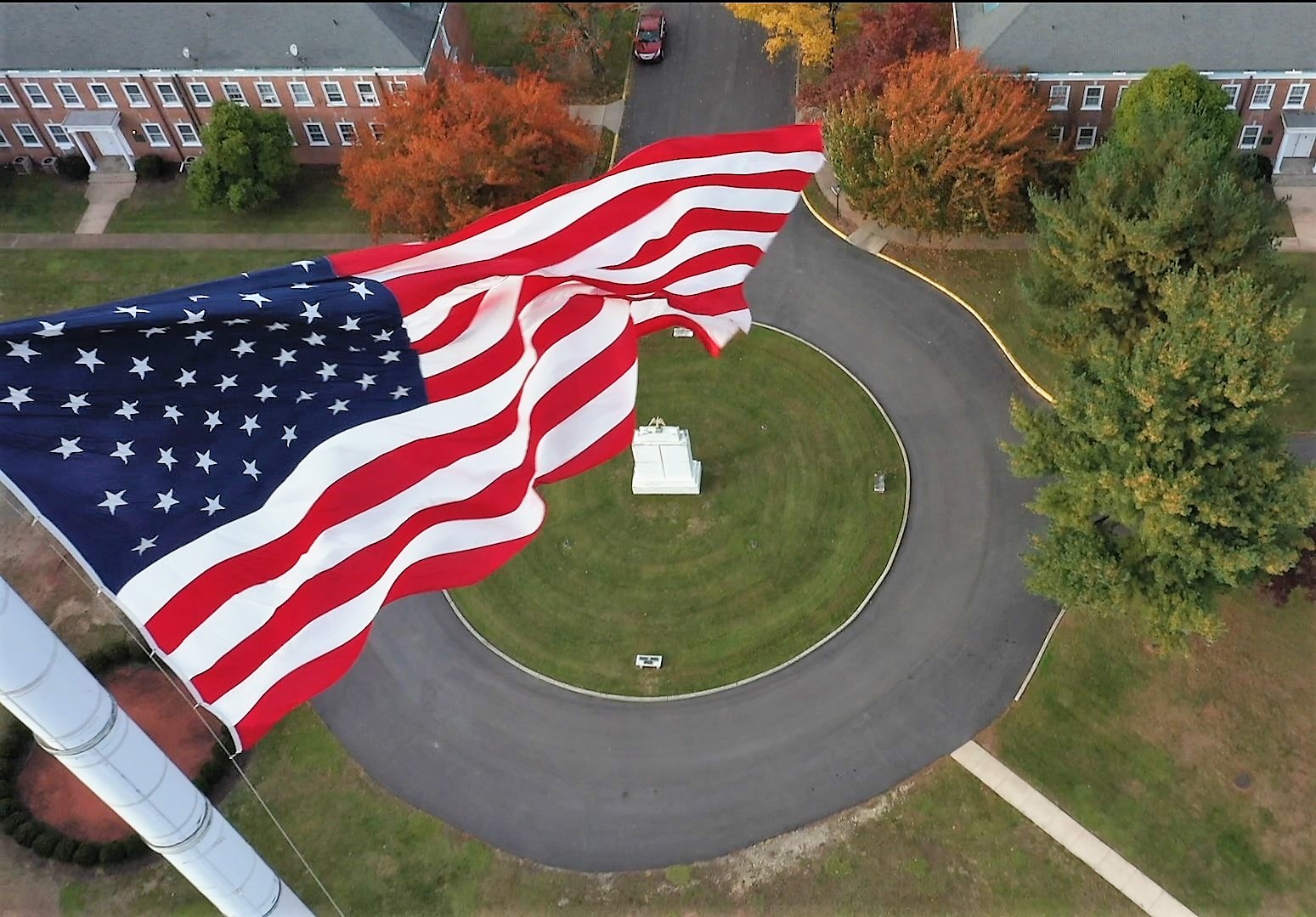
Donate Today
Supporting America’s first principles of freedom is essential to ensure future generations understand and cherish the blessings of liberty. With your donation, we will reach even more young people with the truth of America’s unique past, its promising future, and the liberty for which it stands. Help us prepare the next generation of leaders.
